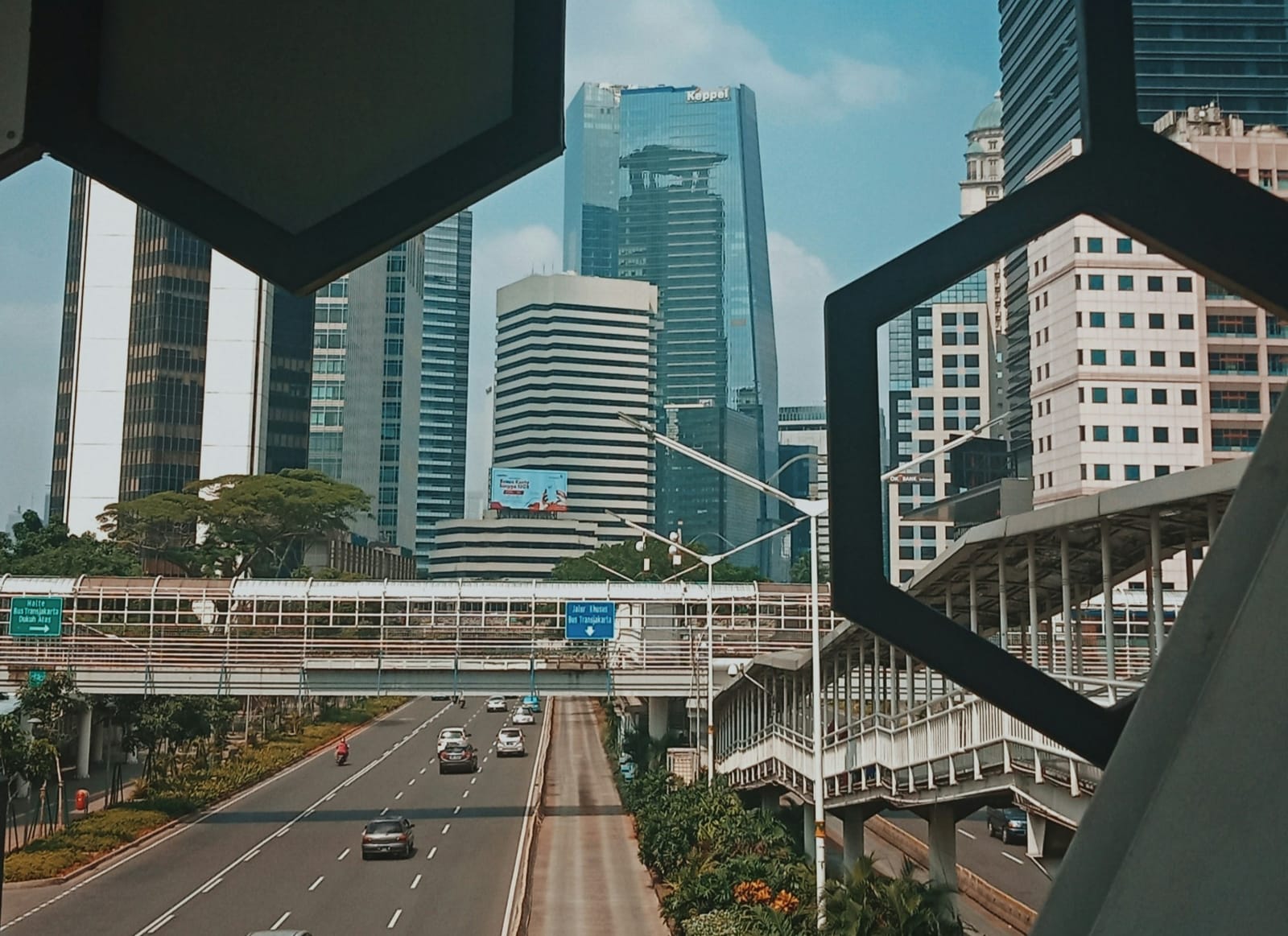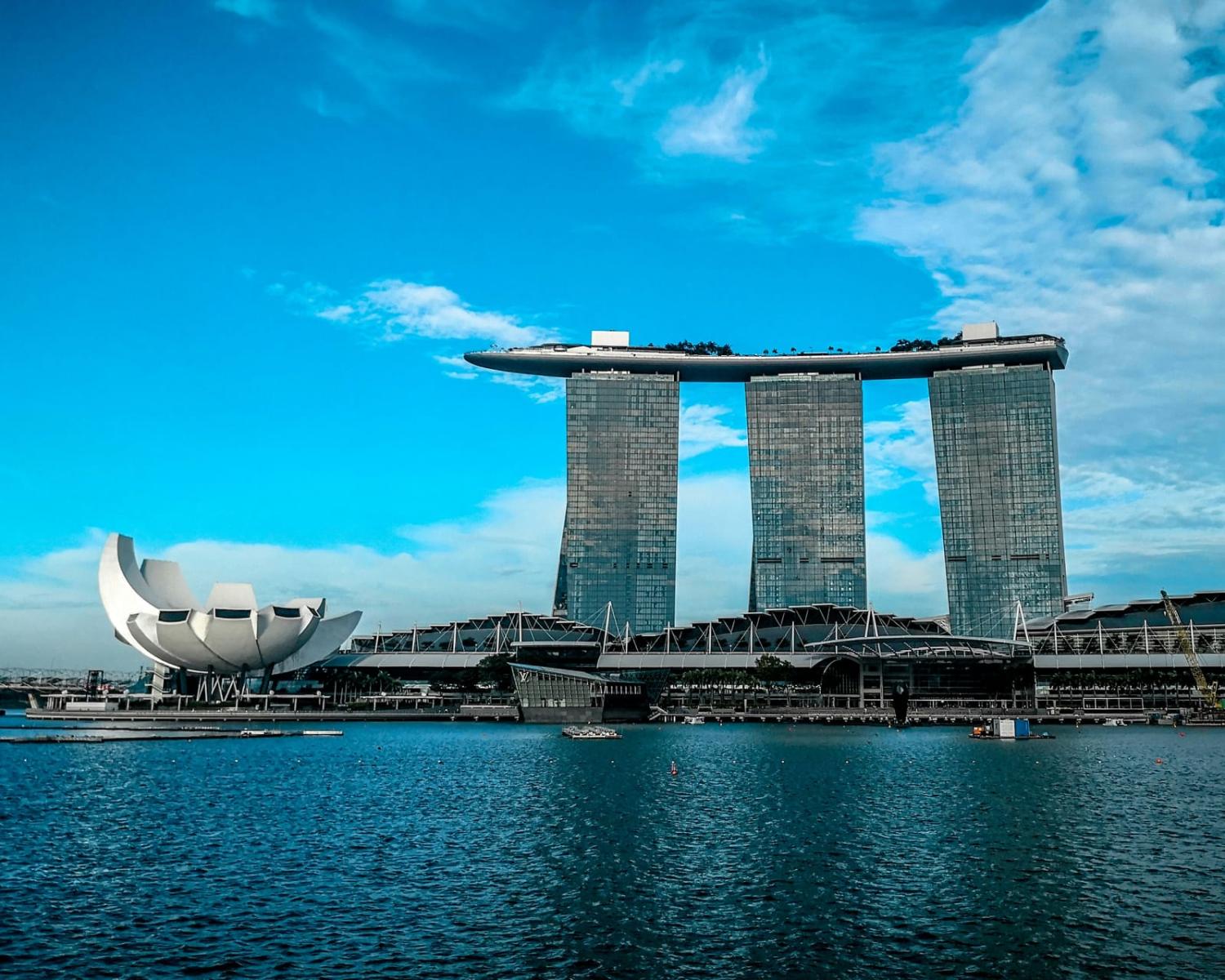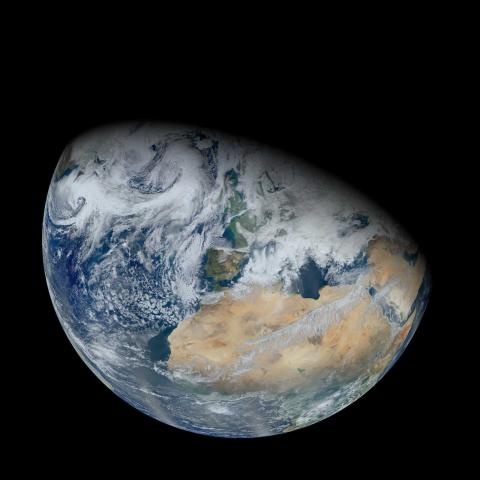A special Interpreter series ahead of the 2024 ASEAN-Australia Special Summit in Melbourne, 4-6 March. Read more articles in this thread.
Too often in recent Australian domestic politics, Southeast Asia has been seen through a distinctly Cold War 2.0 lens. All actions undertaken by ASEAN member states are seen as being connected to the balance of power between China and the United States.
Understanding the world in this way sees Southeast Asia as a region without agency, a subject to outside influence rather than a dynamic collection of states which influence each other and have tremendous economic and military importance to Australia. It is a unidimensional approach, seeing all policies from ASEAN members as bringing them "closer to" or "further from" China.
This chessboard view of Southeast Asia, which sees states as pieces and not players, is illustrative of an enduring lack of understanding of the region. Decades of increasing cultural exposure have not yet succeeded in familiarising Australia with our closest and most important neighbours. Former Prime Minister Scott Morrison joined a long tradition of Australian leaders who framed Australia as an outpost of Western liberal democracy above all else. This worldview sees Australia continually looking beyond the region for security. It invests Australia in a "clash of civilisations" like story where defending a "global West" in Eastern Europe or the Middle East is centred as a national priority and a moral imperative. Southeast Asia becomes relegated to a series of islands and peninsulas that happens to be proximate but remains alien. This worldview has endured even as economic links between Australia and ASEAN have grown to far exceed trade between Australia and its traditional security partners in Europe or North America.
Debates and claims about Australia’s identity obscure a reality that, as Penny Wong noted on ASEAN Day 2022, "we share a region, we share a future". No matter what happens domestically in China or the United States, or to what extent those two behemoths can cooperate, the region is here to stay, and its economic and demographic heft cannot be ignored. As Lee Kuan Yew was fond of saying: "accept realities".

For Southeast Asia to succeed, ASEAN must succeed. Building domestic and policy-maker understanding in the nuances and contradictions of ASEAN, and how the organisation has developed finely tuned mechanisms to handle ambiguity, can only pay dividends. Prime Minister Anthony Albanese has taken important steps since entering office to build these relationships, centring economic and people-to-people linkages.
Equally importantly, building a society that is the envy of the region will project Australia's liberal values far more successfully from Singapore to Hanoi than using a megaphone to quixotically demand value alignment from culturally distinct regional partners. Loudly proclaiming values is easy, living those values and keeping channels open even when there are significant disagreements is hard.
Engagement with traditional security partners in the region, especially Malaysia and Singapore, has been overshadowed by flashy, untested, China-focused agreements and pacts. Whatever the merits of the Quad and AUKUS, ensuring that historic links to our indispensable northern partners only grow and strengthen is of pivotal importance. Even through a purely Manichean lens of countering China’s global influence, Southeast Asia is, and will remain, more pivotal than distant regions where Australia is seeking to engage historic partners. Testament to the endurance of military relations between Australia and Southeast Asia, as Australian-ASEAN relations approach their historic fiftieth birthday the Australian military base in Butterworth, Malaysia, is nearing its seventy-fifth anniversary.
Invigorating relationships individually and collectively will ensure that any crisis in the region does not come as a shock for Australia. It will also help Australia and the many Southeast states that have, for good reason, become increasingly concerned about their economic reliance on China and in particular the critical materials over which Beijing has an effective monopoly. The growing manufacturing and industrial economies of Southeast Asia compliment Australia’s strong mining, agricultural and services sectors.
Australia is blessed to have such a firm foundation for ever-deeper cooperation. Navigating another 50 years of relations with ASEAN will not be easy, but neither will it be intractably difficult. There are sufficient push and pull factors to draw Canberra and its northern neighbours ever closer together. Tuning out the noise and bluster of the superpowers as they posture and compete for influence will allow Australia to focus on a relationship that is indispensable and unavoidable.

